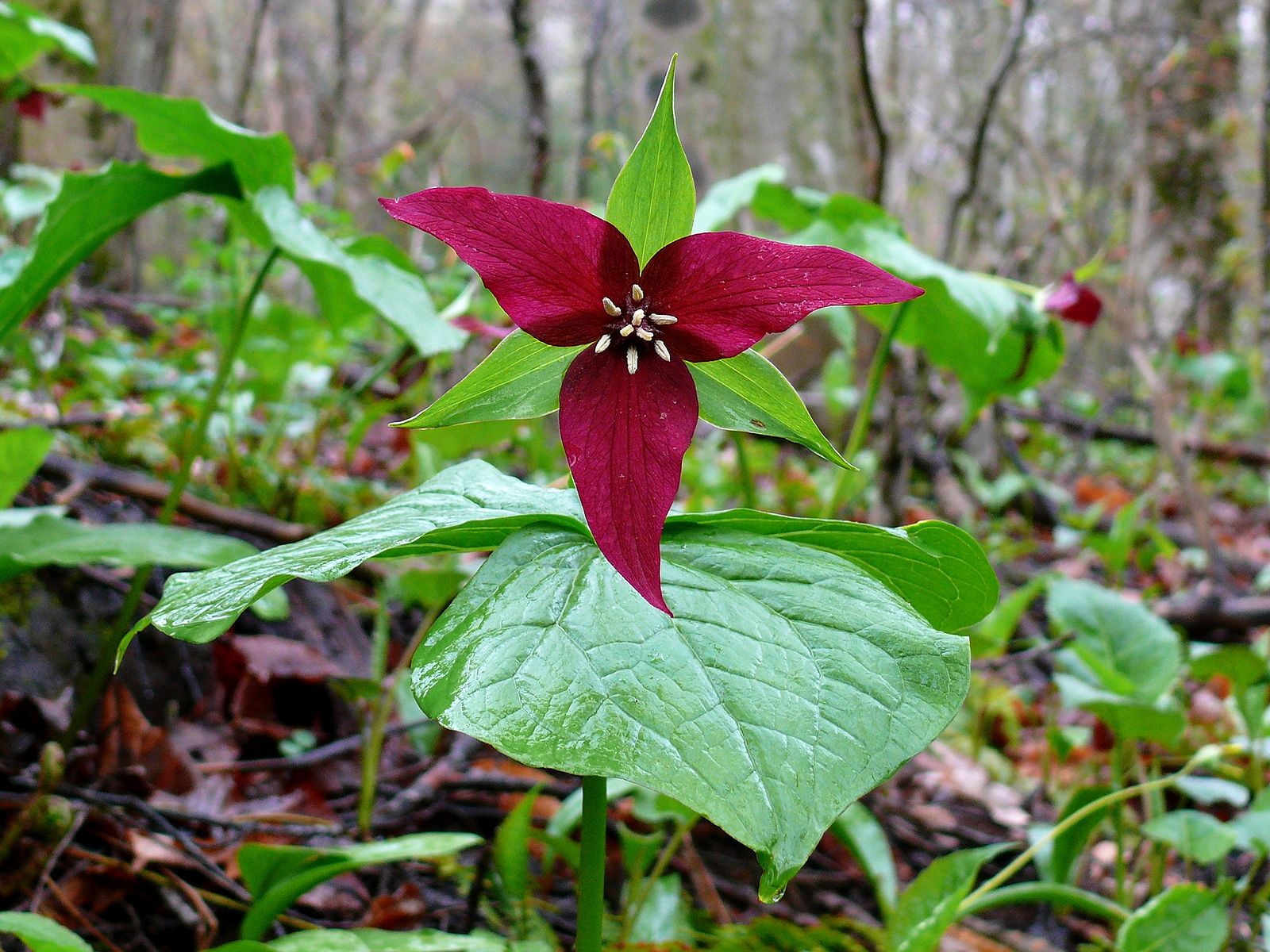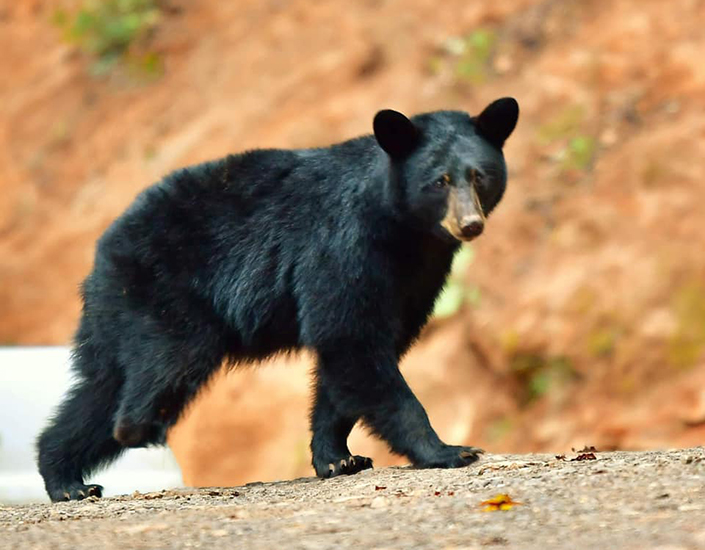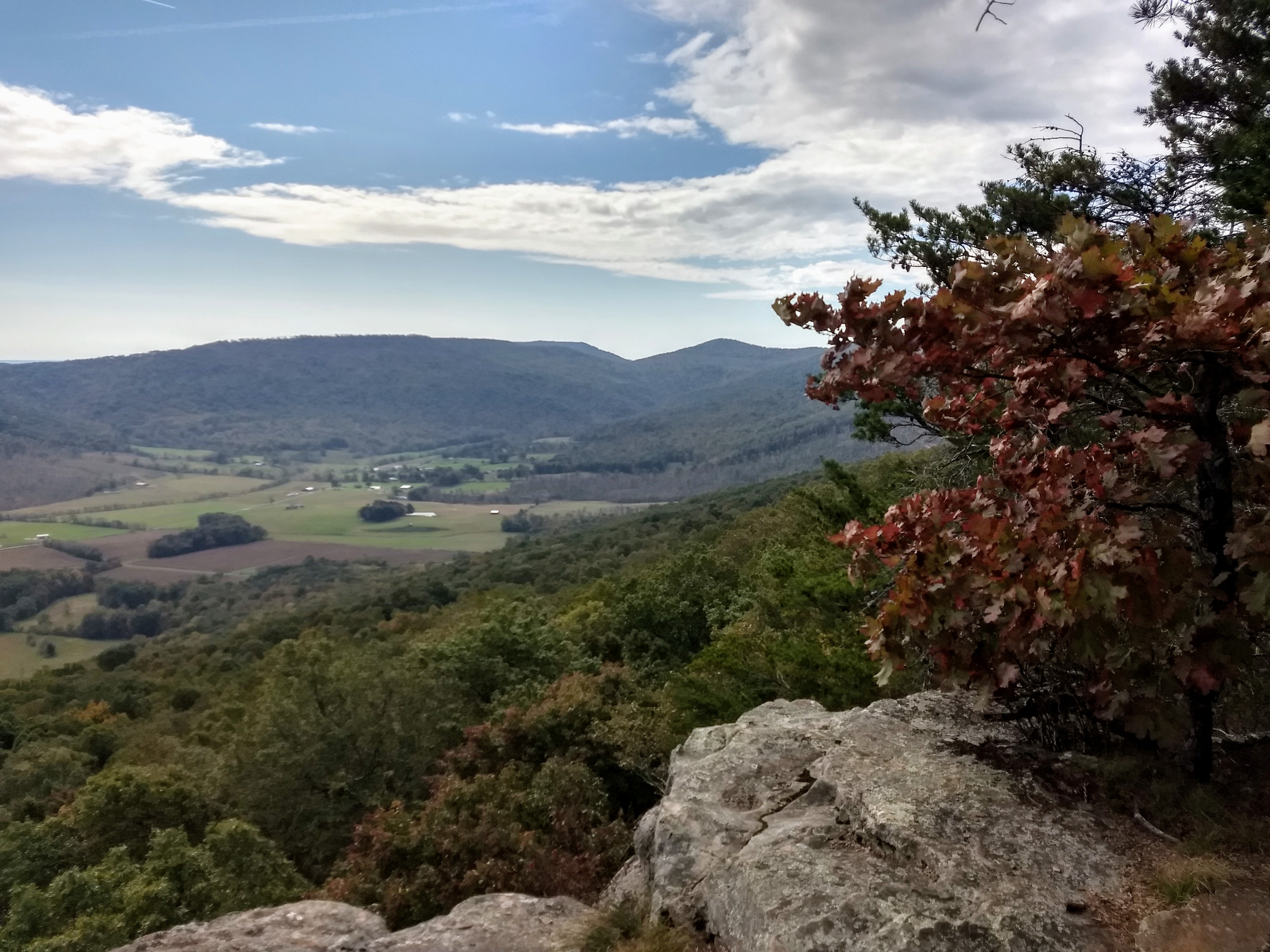Ben Pounds
Clean sweep: Volunteers remove tons of trash from Smokies in largest one-day cleanup
 Volunteers who helped with the Save our Smokies cleanup on April 23 are shown here among their booty. Anna Lawrence/Hellbender Press
Volunteers who helped with the Save our Smokies cleanup on April 23 are shown here among their booty. Anna Lawrence/Hellbender Press
Amid the booze bottles and toilet paper, it’s ‘incredible what we found here’
Cleanup crews cleared garbage Earth Day weekend across Great Smoky Mountains National Park from mountain crests to the shores of Fontana Lake.
Save Our Smokies, which organized the April 23 event, called it the largest single cleanup ever attempted in the park. Volunteers wrangled some 5,000 pounds of garbage.
Save our Smokies Vice President Benny Braden said the organization removed 10,133 pounds of trash in all of 2021.
“Litter is a big problem. We can clean up a location and two months later we have to be back there because it’s worse than when we started,” Braden said in an interview Saturday morning at the Tremont section of the national park. “What gives us hope is our volunteers showing up,” he said, citing their tireless dedication.
Tragedy of the commons: Plant poaching persists in Smokies and other public lands
 A red trillium is seen in the Southern Appalachians. It is often the target of poachers who aspire to place it in an ill-suited domestic ornamental garden. Courtesy Wiki Commons
A red trillium is seen in the Southern Appalachians. It is often the target of poachers who aspire to place it in an ill-suited domestic ornamental garden. Courtesy Wiki Commons
Forest service withholds ginseng permits to protect native Southern Appalachian plants as overall poaching persists
Paul Super has a message for people who take plants and animals from Great Smoky Mountains National Park:
It’s stealing.
“We’re trying to protect the park as a complete ecosystem and as a place that people can enjoy the wildlife and everything that lives here … but they have to do it in a sustainable way, and poaching doesn’t fit,” said Super, the park’s resource coordinator.
“Be a good citizen. Enjoy the park without damaging it.”
Super said the novel coronavirus pandemic led to the second-highest visitation to the park in 2020, just over 12 million, even with the park being closed briefly.
“This year will likely have the highest visitation ever,” he said, adding that the park is, in terms of the pandemic, a “relatively safe place for family and friends.”
Super said this higher visitation rate may lead to more poaching but it may also lead to more people who “appreciate something that a poacher would take away from them.
“Besides being illegal, that’s just selfish and rude,” Super said regarding plants and animals, and even cultural artifacts that are taken from the park.
Super is the park’s research coordinator, and is in charge of recruiting researchers to help better understand the nuances and full ramifications of stealing public natural resources. He said his researchers don’t enforce the laws, but they do alert law enforcement rangers to poaching incidents and suspicions.
- ginseng poaching
- poaching in great smoky mountains national park
- poaching in southern appalachia
- pink lady slipper
- ginseng
- smokies ginseng
- trillium
- great smoky mountains national park
- paul super
- smokies research coordinator paul super
- is removing plant from mountain illegal?
- insect poaching
- rare plant species
- ginseng trade
- butterfly poaching
- beetle poaching
- big south fork poaching
Limbless bears break hearts but donuts may be worse than leg traps
 Courtesy of Help Asheville Bears
Courtesy of Help Asheville Bears
By any other name: From poaching to cars and traps, black bears face diverse human threats in Southern Appalachians
Activists and state agencies agree bear poaching is an age-old problem in the mountains of Tennessee and North Carolina, but they diverge when it comes to some key aspects of the crime and its prevention.
The non-profit Help Asheville Bears is raising awareness of threats to bears on both sides of the state lines and getting coverage on local media outlets like this piece on Knoxville-based WBIR. Its message has also appeared on a billboard in Sevierville. The Arden, N.C.-based group offers a tip line, rewards and also supports what could be described as a self-styled anti-poaching militia.
“Bear poaching is a big deal. It happens anywhere where there are bears,” said Jody Williams, the founder of Help Asheville Bears, which is responding to what its members see as an increasing threat to the very symbol of wild Southern Appalachia. HAB is especially concerned about trapping that Williams said has left limbless bears limping throughout the mountains.
- bear poaching
- smoky mountains bear poaching
- limbless bear
- legless bear
- save asheville bears
- twra bear
- bear trap
- trap sold on amazon
- poacher strike force
- help asheville bear
- leg trap
- leg trap amazon petition
- danger to bear
- don't feed bear
- bearwise
- tennesse wildlife resources agency
- north carolina wildlife resources commission
- black bear
Cumberland Trail is nearing the end of its 50-year hike
 This is a view from the Cumberland Trail atop Brady Mountain. The complete trail, 50 years in the making, is almost done. Ben Pounds
This is a view from the Cumberland Trail atop Brady Mountain. The complete trail, 50 years in the making, is almost done. Ben Pounds
The Cumberland Trail is nearly complete between Chatty and Cumberland Gap. That’s just the beginning.
Volunteers are putting the finishing touches on Tennessee’s Cumberland Trail, which will run from Signal Mountain near Chattanooga to Tristate Point near Cumberland Gap.
- cumberland trail
- completion
- cumberland plateau
- sequatchie valley
- hiking
- justin p wilson cumberland state park and state scenic trail
- great eastern trail
- tennessee state park
- cumberland trail conference
- tennessee trails association
- ozone falls
- crab orchard mountain
- lone star mountain
- piney river gorge
- hellican peak